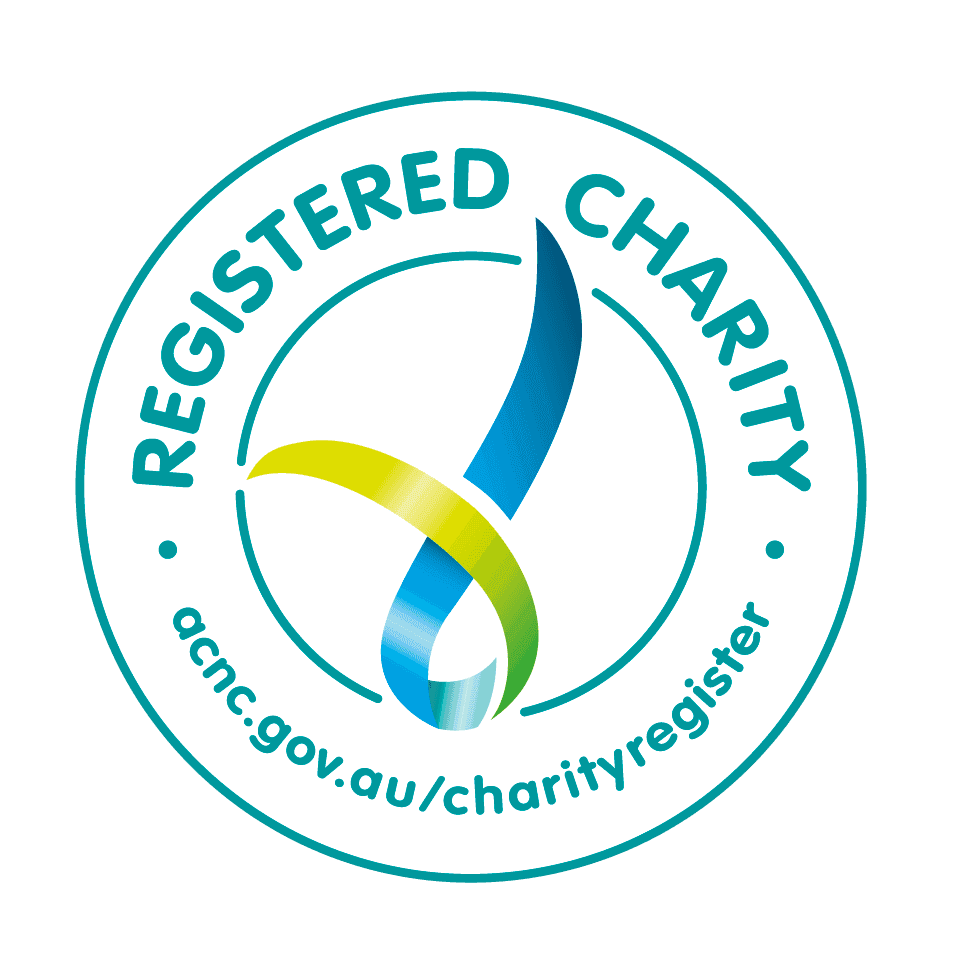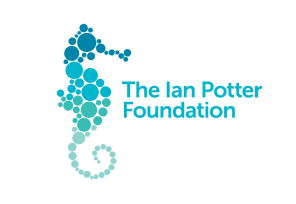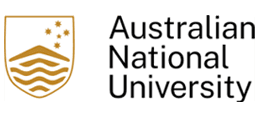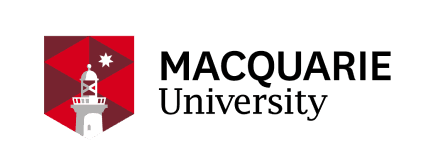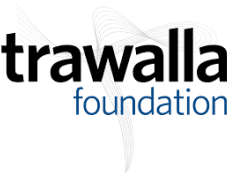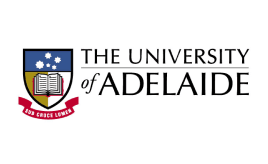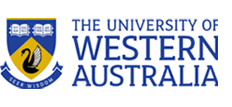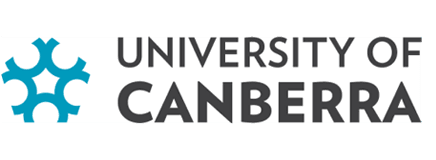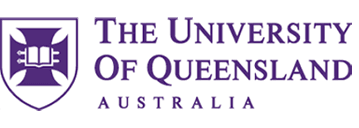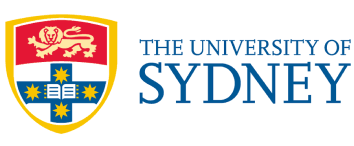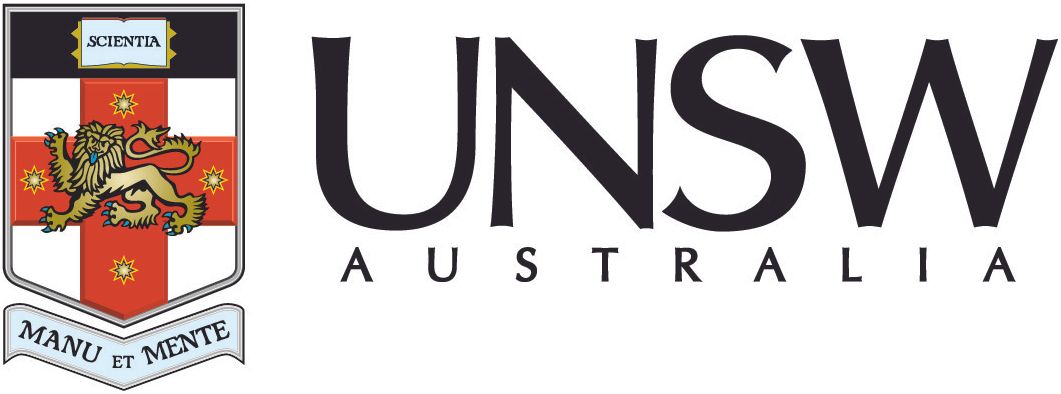Potential detection of deadly H5 bird flu among elephant seals on Australia's sub-Antarctic Heard Island
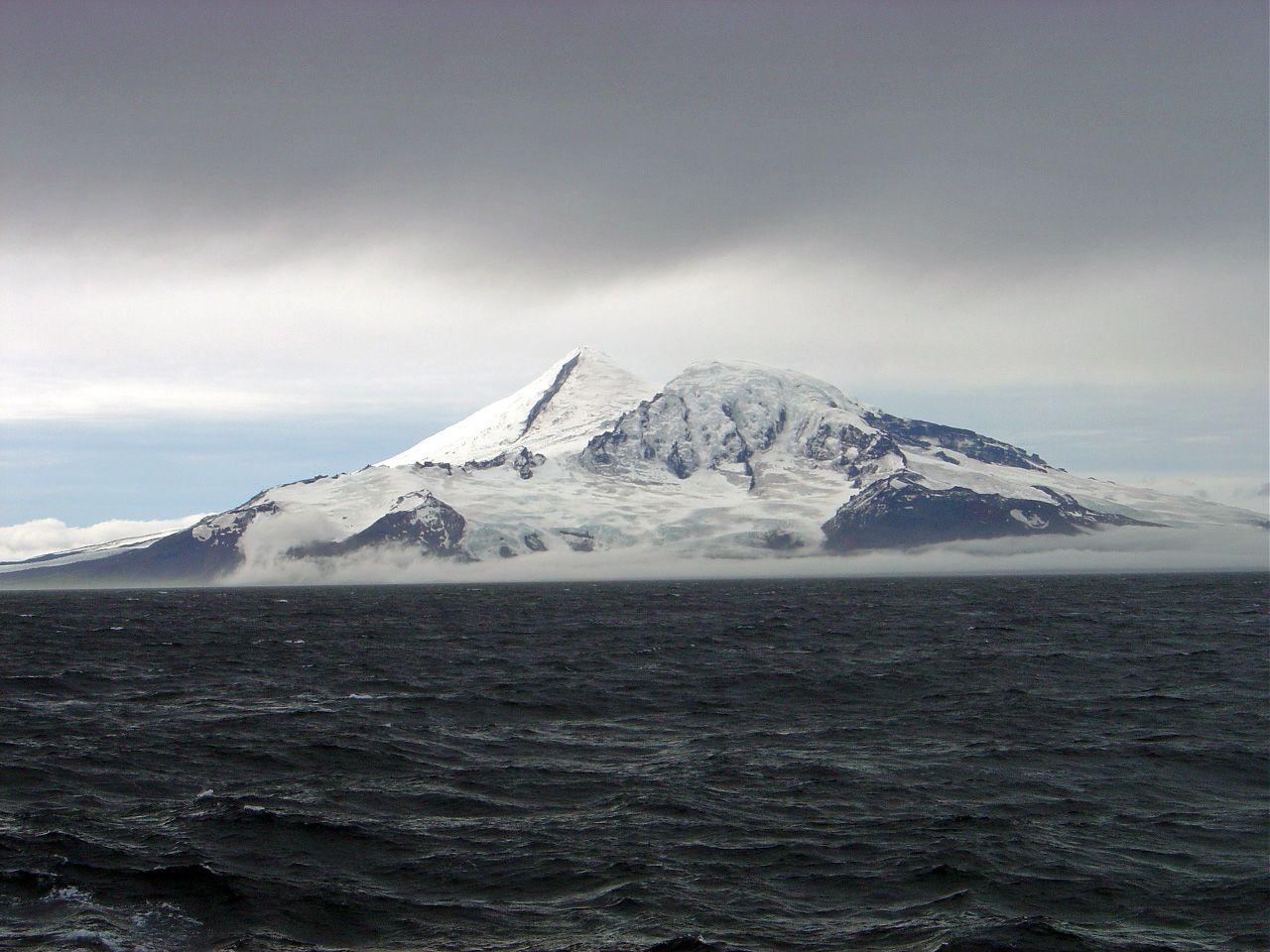
Heard Island. Image: Eddie CC BY NC 2.0 / Flickr
Media Release
24 October 2025
The deadly H5N1 bird flu virus strain may have reached one of Australia's sub-Antarctic Islands.
The Australian Government's Department of Agriculture, Fisheries and Forestry (DAFF) has announced that Australian Antarctic Program scientists have observed signs consistent with the high-pathogenicity avian influenza virus (HPAI H5N1) in wildlife during a management voyage to Heard Island.
They have observed unusual rates of death among elephant seals in recent days.
DAFF has reported that samples have been taken, but results are not expected until late November as they need to be returned from Heard Island.
The Heard and Macdonald Islands group is southwest of Perth and around 4000 km from mainland Australia.

Dr Michelle Wille, an expert in highly pathogenic avian influenza at the WHO Collaborating Centre for Reference and Research on Influenza and University of Melbourne, said:
"This virus has previously been found on the French sub-Antarctic islands, which are less than 450 km from Heard Island.
"Given the dramatic long distance spread over thousands of kilometres from South Georgia Islands to at least 4 other sub-Antarctic Islands in late 2024, it is perhaps not unexpected that the virus may also have reached Heard Island.
"However, we will not know for certain whether this is due to HPAI H5N1 until the RSV Nuyina returns in mid-November and the collected samples are tested at the CSIRO Australian Centre for Disease Preparedness.
“Based on what has occurred overseas, and the impact on wildlife on other sub-Antarctic Islands, if this is the H5N1 virus, the impact on the island’s world-famous penguins and seals will potentially be catastrophic."

Dr Eric Woehler OAM from the Australasian Seabird Group at Birdlife Australia, said:
"The reports indicate seal deaths consistent with H5N1 but not confirmed, and no seabird mortalities have been reported.
"Let’s wait till samples returned to Australia before assuming the worst.
"My biggest concern now, is that if indeed it is H5N1, then we must ensure the strictest possible quarantine protocols are in place for the people, their clothing and all equipment that went ashore on Heard Island.
"What we don’t want is the researchers bringing H5N1 to Australia from Heard Island."
While the rest of Australia remains free from HPAI H5N1, it is important that if any sick or dead birds and mammals are observed in Australia that they be reported by the Emergency Animal Disease Watch Hotline: 1800 675 888
If you would like to learn more about the H5N1 bird flu strain you can watch a recording of our webinar and read a Q&A with experts here:

Heard Island. Image: Eddie CC BY NC 2.0 / Flickr

